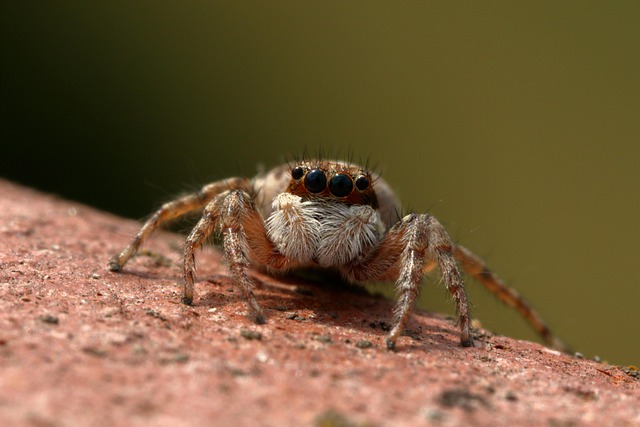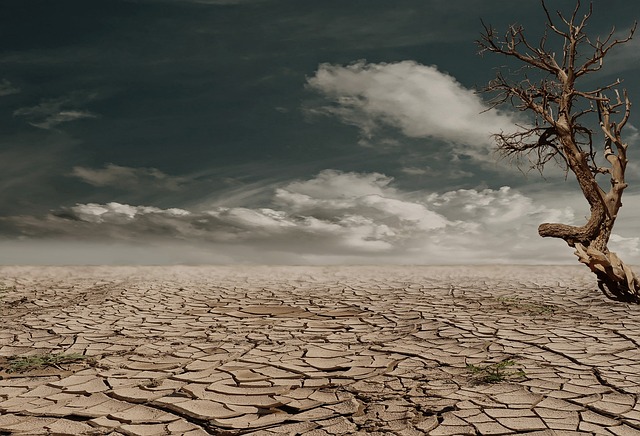In the vast expanse of our planet, insects emerge not merely as common creatures but as resilient champions in the fight against desertification, especially in a world grappling with the harsh realities of climate change. As the temperature rises and ecosystems face unprecedented stress, these tiny organisms play critical roles that often go unnoticed.
Insects are often perceived with disdain, yet they are key players in maintaining the health of our environments. They assist in pollination, break down organic matter, and contribute to soil formation—behaviors crucial for sustaining plant life. This plant life, in turn, supports entire ecosystems that might otherwise fall victim to desertification. As climate change alters rainfall patterns and increases temperatures, the role of insects becomes even more pivotal. They help combat soil erosion by stabilizing the earth with plant-root systems, nurtured by their natural behaviors.
One might find it astonishing that a minute ant or a buzzing bee can wield such influence over the environment. Yet, their collective actions can enhance soil quality and productivity, essential for agricultural practices in arid regions. For example, dung beetles completely transform nutrient cycles by breaking down animal waste, returning vital nutrients to the soil and fostering the growth of vegetation that can withstand harsh climates. Without these insects, vast tracts of land could devolve into barren wastelands, diminishing our agricultural capacity.
Moreover, insects are instrumental in sequestering carbon. By breaking down organic materials, they not only enrich the soil but aid in storing carbon, which is crucial in the fight against climate change. This dual role as pollinator and carbon sequester highlights their importance in ecosystems, particularly in regions vulnerable to the encroachment of deserts.
As we reflect on the ongoing battle against desertification, it is imperative to acknowledge the importance of biodiversity, particularly with insects at the forefront. The loss of any insect species can create a ripple effect, leading to diminished pollination, reduced soil fertility, and ultimately, increased desertification. Thus, the preservation of these unsung heroes is essential for securing our planet’s future against the ravages of climate change.
Educational initiatives aimed at raising awareness about the plight of insects and their environmental roles are increasingly necessary. By understanding their value, communities can be motivated to protect these critical components of the ecosystem. From conservation efforts to sustainable farming practices, each individual can contribute to a meaningful change, helping to retain the natural balance essential for combating desertification.
In sum, as the climate crisis amplifies the challenges of desertification, the role of insects becomes ever more crucial. It is time we shift our perspectives and recognize that these seemingly insignificant creatures are anything but; they are vital to our environment’s resilience in the face of climate change. Together, we can champion their cause and work toward a harmonious world where nature and humanity coexist, thriving amidst adversity.



